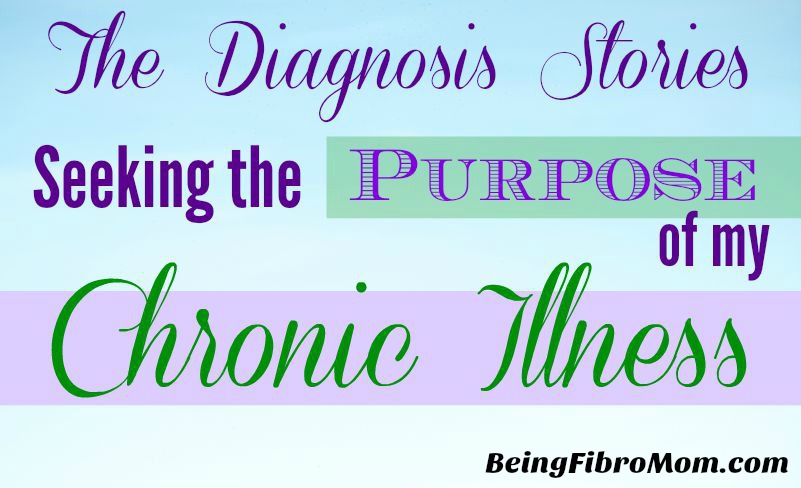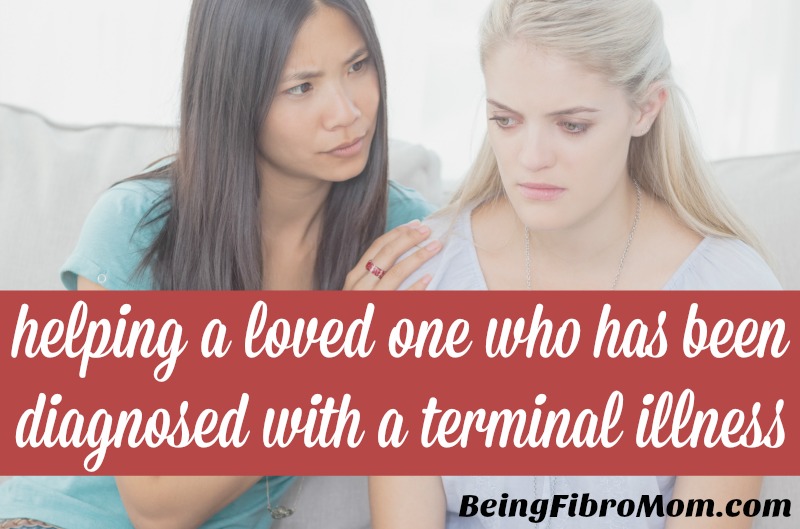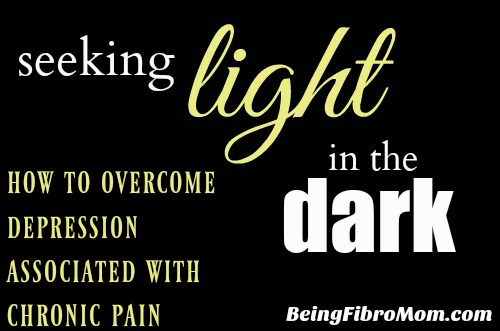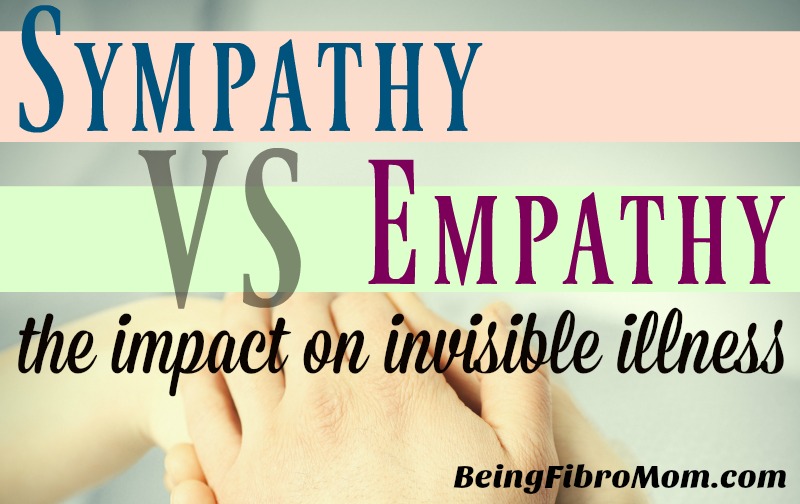
Sympathy vs empathy. What’s the difference? Does knowing the difference really matter? Honestly – understanding the difference between the two words – does it really make a difference to the person I’m sympathetic or empathetic for? They sound similar, so that must mean fairly the same thing. It doesn’t make an impact on anyone or any circumstance rather the difference is understood. Right? Wrong.
#Sympathy vs #Empathy: The impact on #InvisibleIllness #fibromyalgia #chronicpain Click To Tweet
Sympathy vs. Empathy: What’s the difference?
According to Psychology Today, empathy is defined as “a person’s ability to recognize and share the emotions of another person…It involves, first, seeing someone else’s situation from his perspective, and second, sharing his emotions, including, if any, his distress.” Notice the use of the words ‘recognize’, ‘share’, ‘seeing’ and ‘sharing’. A lot of connecting words from one person to another.
The article goes on to define sympathy as having care and concern for someone, but not sharing the perspective or emotions. The lack of sharing makes the two persons disconnected, one from the other. There are feelings involved, but the sharing of the feelings is lost. I dare to say there is no recognition of the other’s emotions, and, as a result, the ability to share is removed from the equation. The sharing of the other’s distress is now impossible.
Elements of empathy vs sympathy
To better explain the elements of empathy and sympathy, here is a powerful animation depicting this distinction.
How does this difference impact an invisible illness?
An invisible illness means a person is suffering from a condition that does not manifest in physical form. There is no physical display of their illness, and most often than not, this invisible illness involves an emotional struggle of some sort. Depression, isolation, and loneliness are just to name a few daily struggles. And if the daily challenges of an invisible illness are not enough, we face the judgment and skepticism of others. Those who don’t understand, won’t understand, or refuse to understand what we are truly feeling.
You don’t know what is truly going on with someone because most people in that situation are apprehensive or scared to speak of their true feelings. They are afraid to give voice to their confused state of loneliness and state, “It’s dark where my mind is right now. I don’t know what’s going to happen. I don’t know why I’m here. Why am I here? I’m just here, and I’m scared, and I’m alone.”
Knowing the difference between sympathy and empathy is important to a person living with an invisible illness. Understanding the difference of sympathy and empathy is not only knowing the difference, but it’s making the difference. It’s about letting the person in their dark place know that you care enough about them as a person to be there with them, and you care enough about them to listen to what they are experiencing.
My experience in the dark hole
A couple of years ago a friend asked me to write an article for her. I was feeling okay, but I realized it’s not always okay. I wrote what came to heart that day, and this is an excerpt of that article, Seeking Light in the Dark.
I have experienced the darkest of days and the endless days of hopelessness. There were times I thought I would be consumed by the very walls that surrounded me. It was as though as I was at the bottom of a pit enclosed by darkness and nothingness with no route of escape.
During those moments I wanted to be anywhere but right there in that state. The sun is where I longed to be. To bask in the warm rays of sun that only happy people seemed to experience – that is what I yearned for. I wanted to push back the suffocating walls with strength and confidence. I wanted to crawl out of the pit of despair on the staircase of hope and lie in the green grass soaking up the warmth, the light, and the vastness.
We may not know what it’s like to be at the bottom of the dark well of loneliness and depression. We may not know the suffering of loss or hurt. But we do know what it’s like to hurt. We have all hurt at some time or another. Taking that hurt and remembering what it felt like, can make a true difference to someone hurting.
Many of the times, some of us suffering with a chronic illness do not understand why we are hurting or sad or angry. We just are. There is no source to those feelings, and for someone sympathizing and say, “There has to be a reason” or “Think happy thoughts to feel better” is more hurtful and damaging. Empathizing and saying, “Let’s be together during this time” or “It’s okay to feel that way” and just be with the person is healing. That is making the difference.

It blows my mind when I hear how others convey their feelings to their loved ones and receive a sympathetic or, more accurately, less than sympathetic response. When we are happy and celebrating with our loved ones, do they get questioned? Do others say jeeringly, “You really aren’t that happy. You just think you are.” And when we are sharing joyful feelings with others, do we get judged and whispered about? No. We don’t. Our joyous feelings are accepted as truth.
So why question us when we are not joyful and happy? If you believe our feelings of happiness and joy, why can’t you believe our feelings of hopelessness and sadness? Is it because it needs more evidence or convincing that we are really are, indeed, sad?
How can knowing sympathy and empathy help?
If you want to truly help someone, rather it be a loved one, a friend, or stranger, put aside your own feelings and listen to what the other person is saying. Don’t focus on how you can help. Focus on their words. Focus on how they may be hurting. Try to think about the last time you hurt. How did you feel? Would it have made a difference to have someone there to share your pain and suffering? Don’t try to ease that pain by thinking of a solution because many times that sadness cannot be solved. Sometimes, many times, it just needs to be for a time.
Being aware of our own vulnerability and weakness takes strength, and it can help another in their time of vulnerability and weakness. What would you do if you were happy about an event or accomplishment and no one was there to share it? It would be hurtful. It would say to you that no one cares enough about you to share in your happiness. The same can be said about sadness.
We want our loved ones to share in our happiness and our sadness, during our sickness and our wellness.
References
Empathy Vs Sympathy | Psychology Today. (n.d.). Retrieved from https://www.psychologytoday.com/blog/hide-and-seek/201505/empathy-vs-sympathy
Pin It
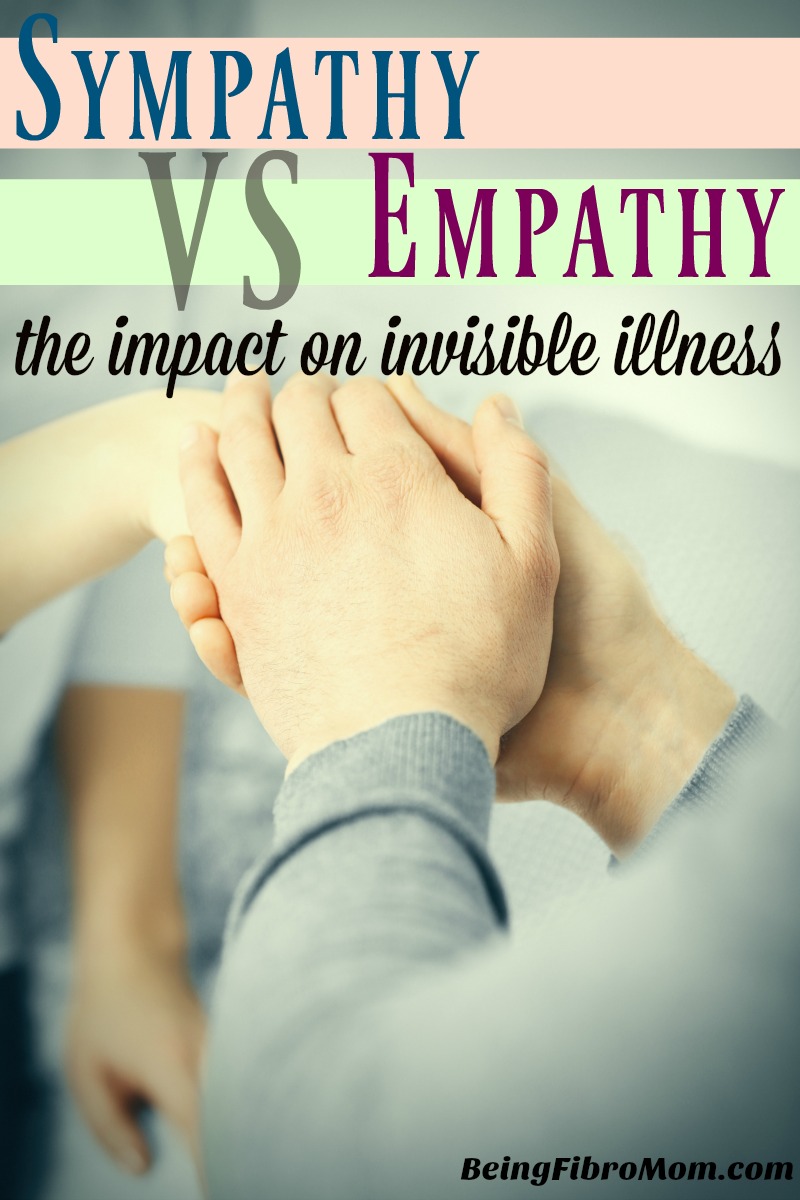
Related Articles
